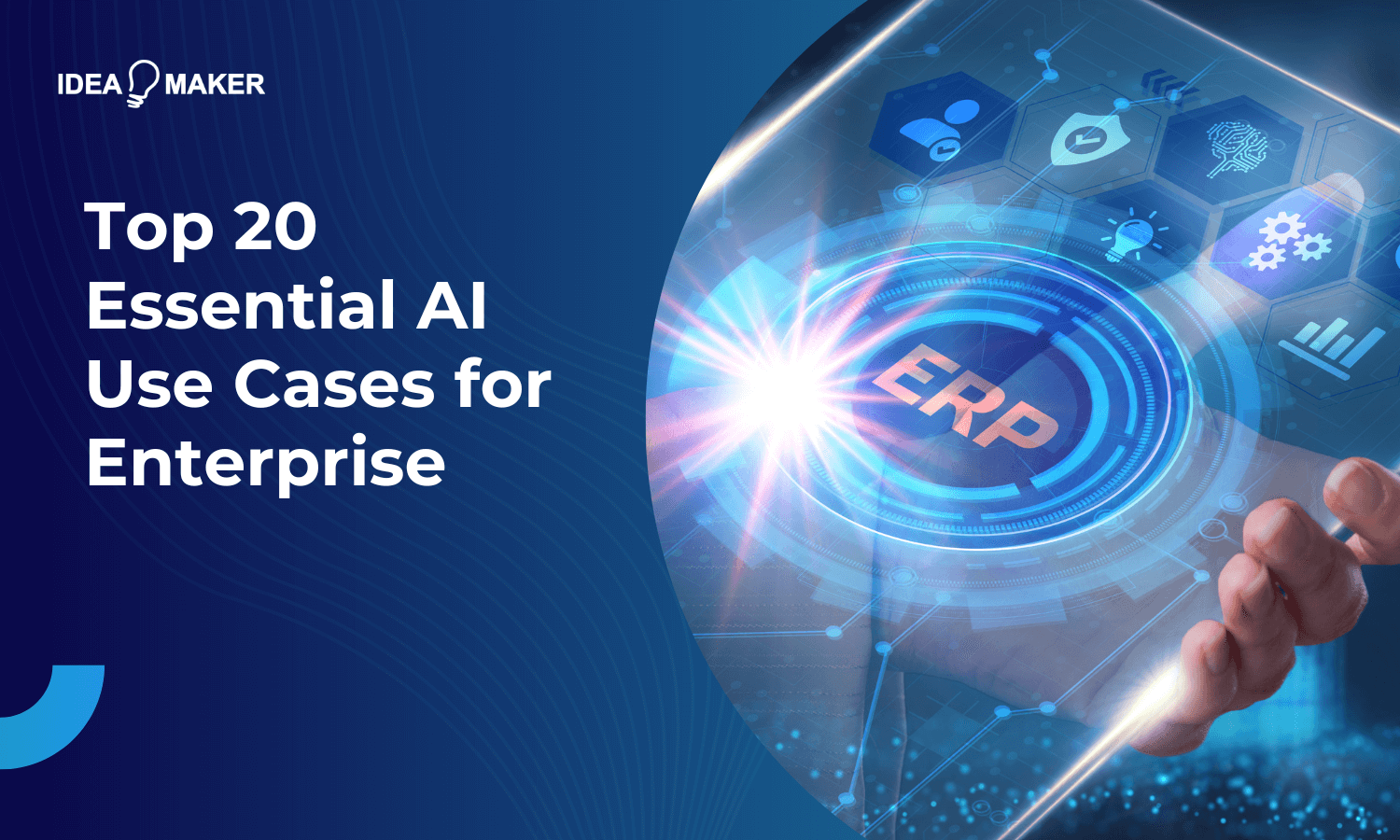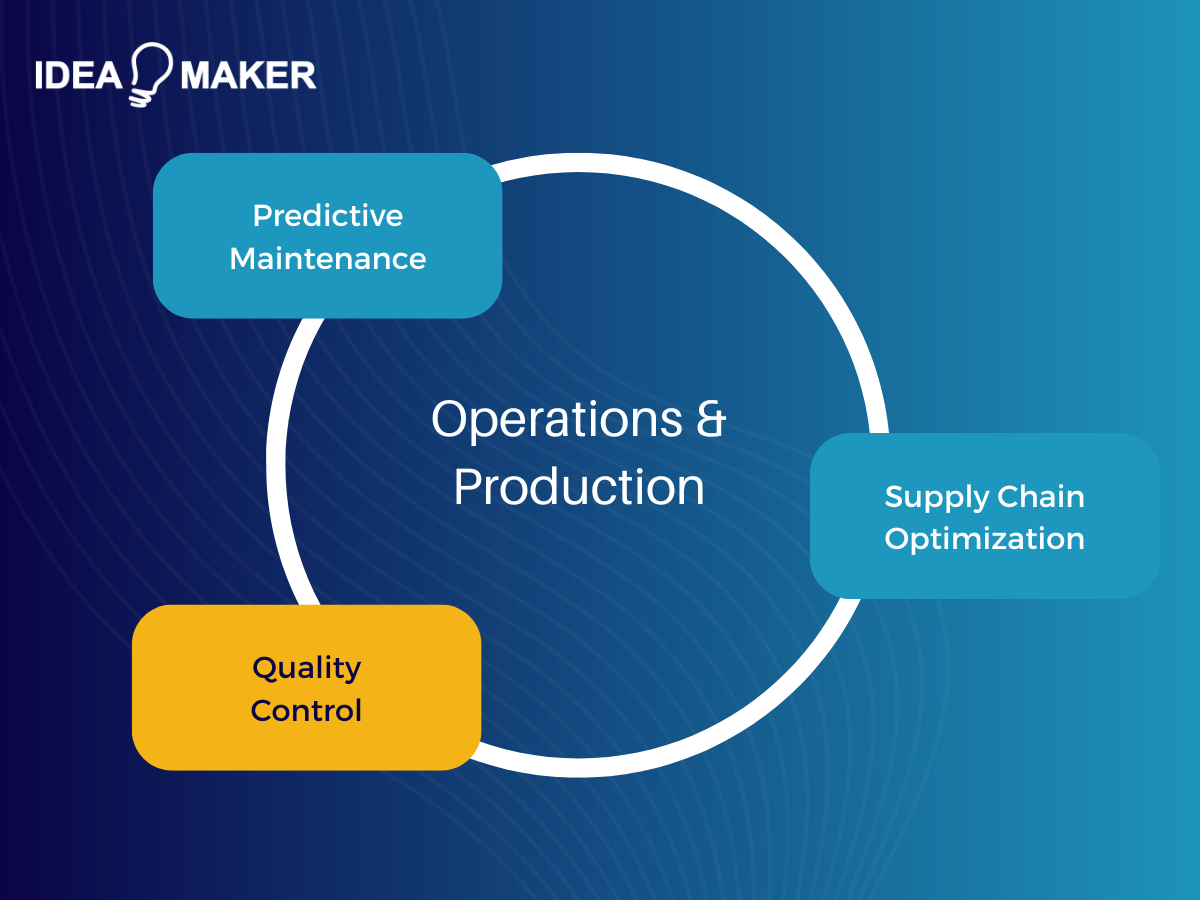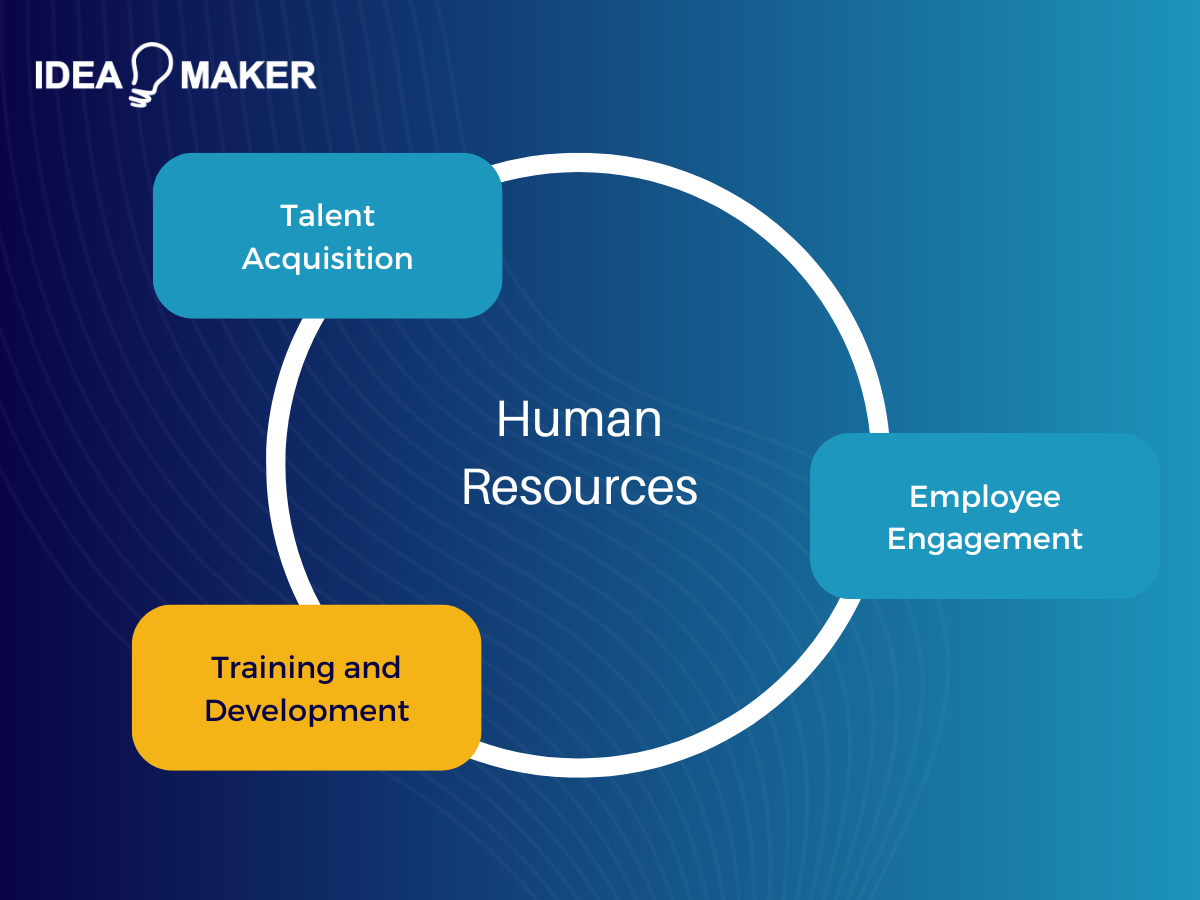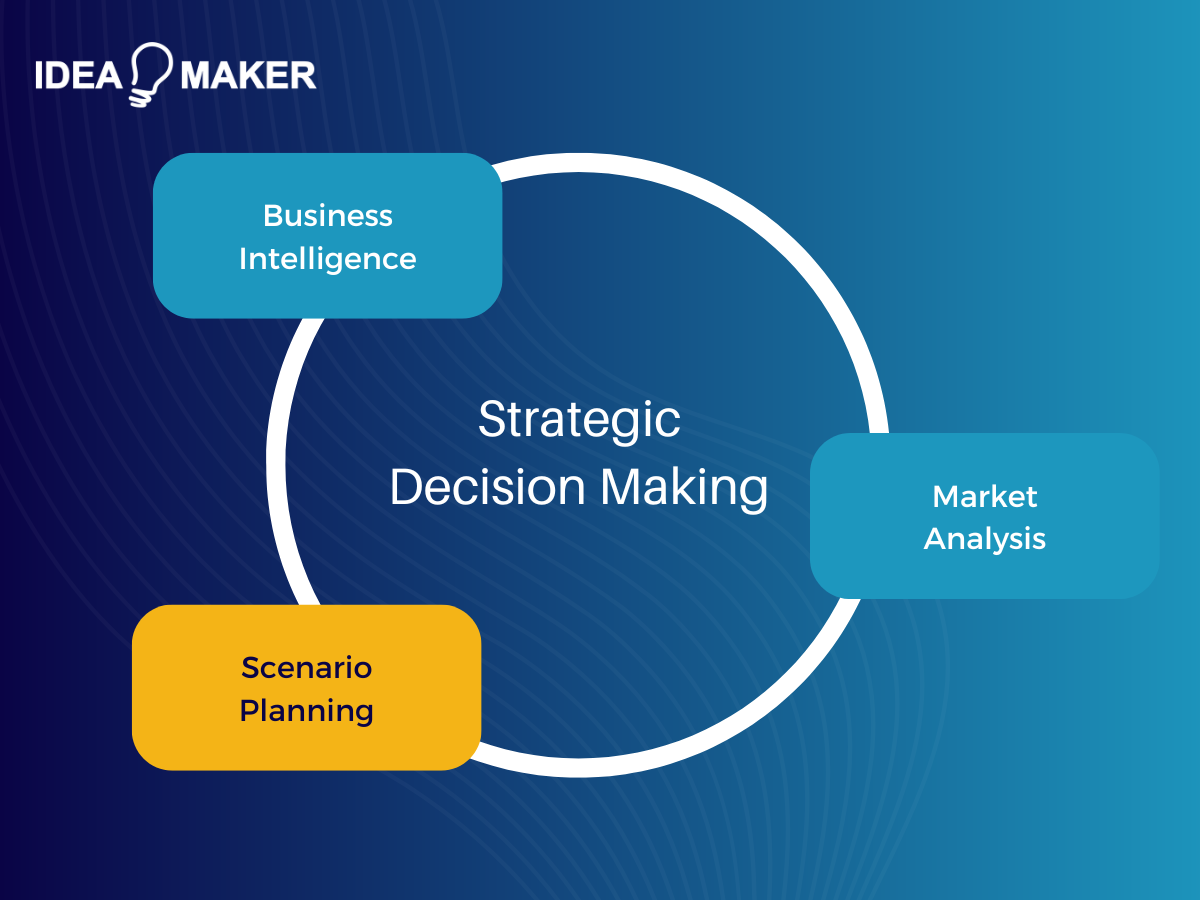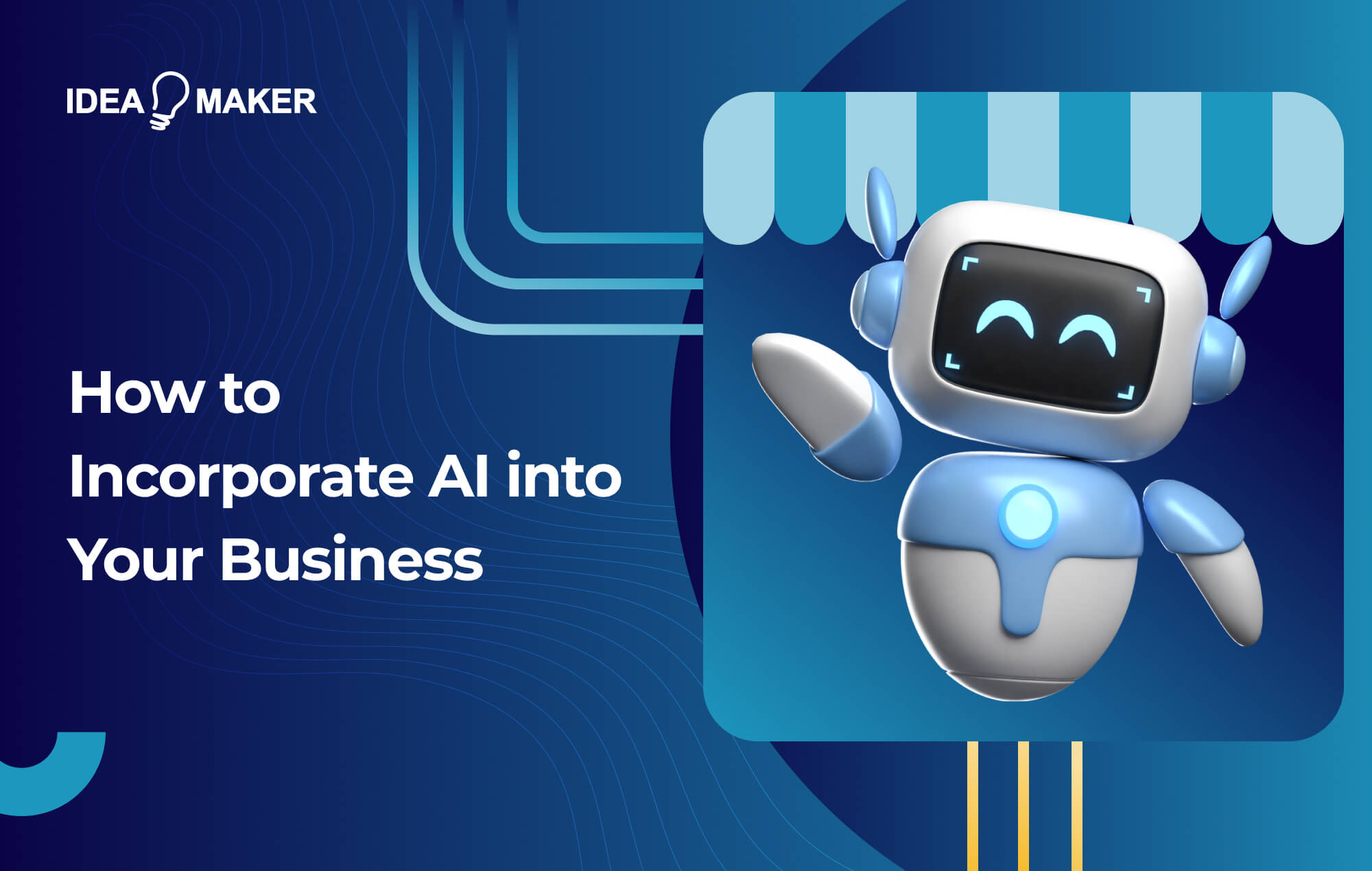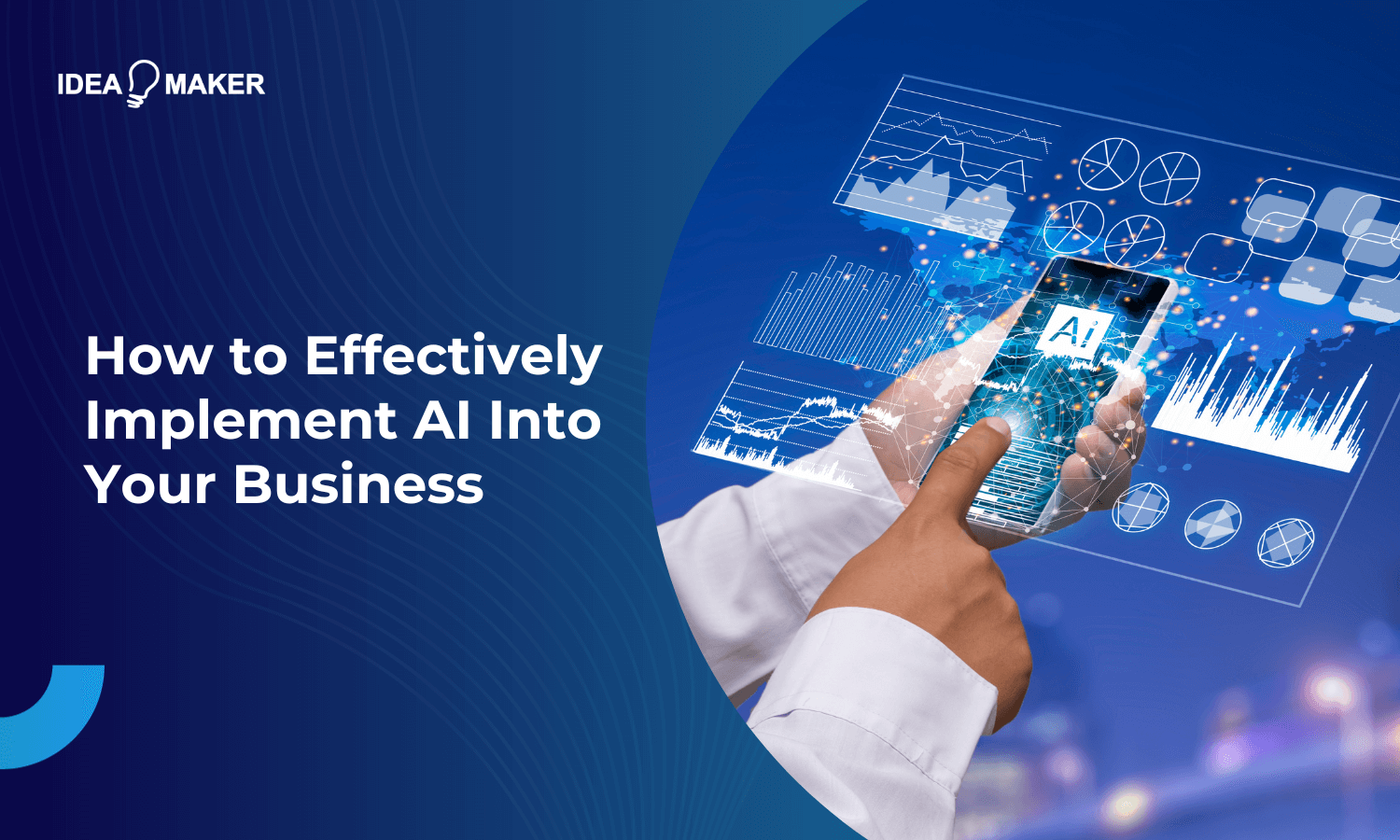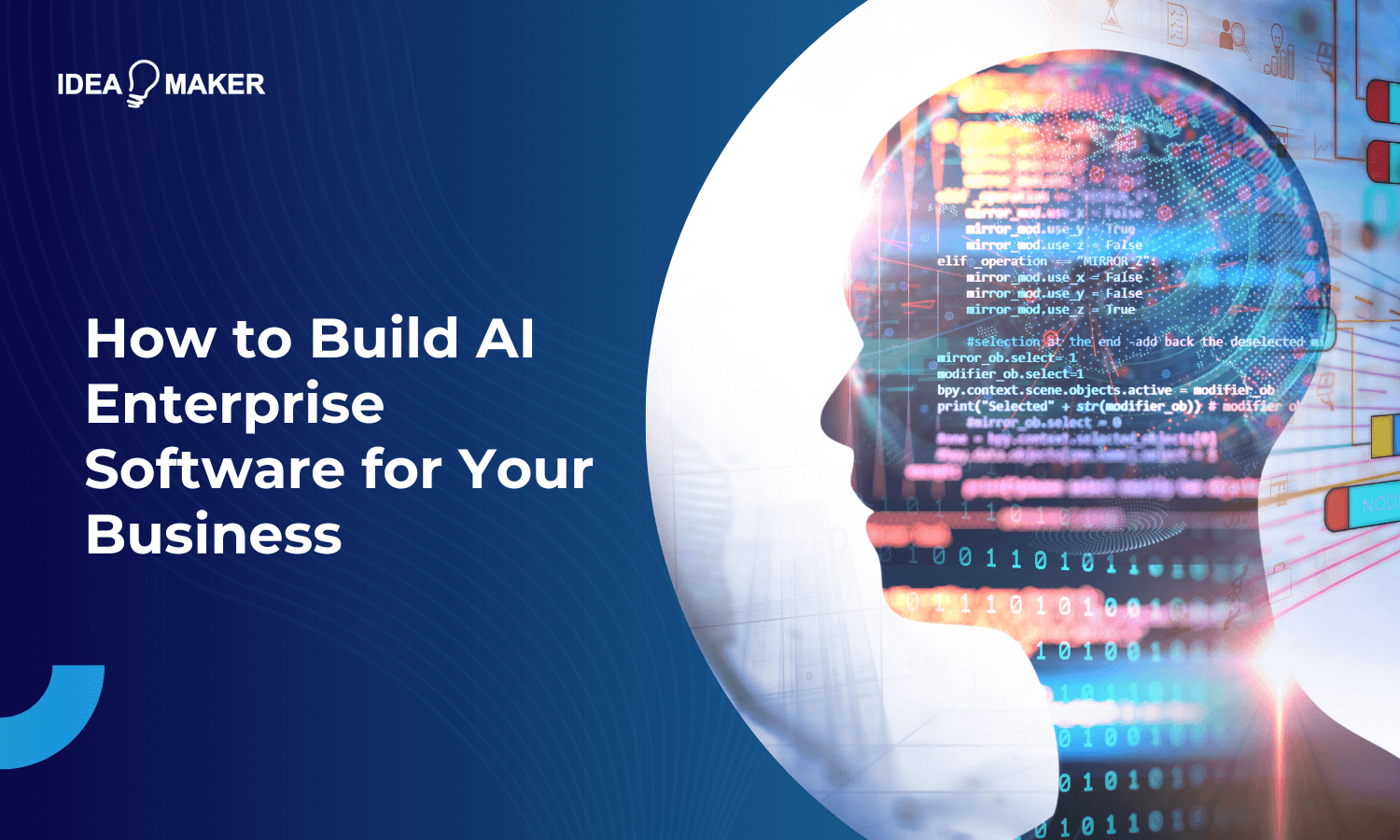Artificial intelligence has taken the world by storm with rapid advancement in the technology seen over the last two years. AI and machine learning have brought many benefits to businesses, from increased productivity to tighter cybersecurity measures.
To remain competitive in this constantly evolving economic climate, it is now essential for businesses to leverage AI where possible. However, with so many different applications of artificial intelligence to choose from, it’s difficult to know what will be most effective for your business.
To give you a better understanding of how AI and machine learning can be implemented into your business, we’ve collated a list of the top AI use cases. Keep reading to learn more.
Table of Contents
Key AI Use Cases in Enterprise
Artificial intelligence has a multitude of applications across many different business areas, from operations to employee wellbeing. Below, we have broken use case scenarios down into categories, helping you to understand how certain AI technologies can enhance specific business needs.
Operations and Production
With a contextual understanding of your business, data processing capabilities, and access to essential business records, AI is an excellent tool for enhancing your operations.
- Predictive Maintenance: Machine learning is capable of processing historical data and identifying past trends, making it useful in predicting maintenance. By identifying when machines or software have encountered errors requiring maintenance in the past, AI algorithms can accurately predict when to expect an issue to occur. Through predictive maintenance, businesses can reduce maintenance needs by 70% and increase productivity by 25%.
- Supply Chain Optimization: In the same way as machine learning algorithms use historical data for predictive maintenance, the technology can also be applied to supply chain optimization. By examining historical sales trends, AI can identify when stock is likely to run out and order more–it can also adjust stock levels based on product popularity, leading to more cost-effective supply chain management.
- Quality Control: Artificial intelligence isn’t limited to data processing; it can also provide computer-vision technology that facilitates quality control. Computer vision essentially allows machines to see like humans through artificial intelligence. Using this technology allows manufacturers to examine physical products such as cars and identify quality issues.
Marketing and Customer Experience
When given access to the internet, artificial intelligence models like ChatGPT can be utilized in marketing, gathering trends, and analyzing customer data.
- Customer Data Analysis: Artificial intelligence can be used to analyze customer data, helping businesses make informed decisions about product development, stock, and marketing. AI algorithms analyze customer data by drawing patterns between new and existing data, as well as external factors such as market trends.
- Personalized Marketing: AI-driven targeted advertising and content personalization enables businesses to improve how effectively they aim promotional material at potential customers. A good example of this is how social media algorithms connect users with content relevant to their interests. This is because the same principles can be applied to marketing through artificial intelligence.
- Chatbots and Virtual Assistants: One of the more obvious uses of AI is as a chatbot and virtual assistant which businesses have free and public access too. Through generative artificial intelligence, businesses can use AI chatbots to generate text such as emails, review information, and answer questions.
Human Resources
While AI isn’t capable of truly replicating human emotion, it can aid employees tasked with managing human emotions through advanced automations.
- Talent Acquisition: Through the use of artificial intelligence, your business can streamline its recruitment process. Machine learning algorithms can analyze and sort resumes through keyword analysis. For example, if you’re looking for an IT consultant, you can programme AI recruitment tools to highlight resumes that contain relevant keywords, hiding less relevant applicants.
- Employee Engagement: AI can also assist your human resources department by streamlining employee engagement tasks. This includes employee feedback gathering, performance reviews, and goal tracking. Using artificial intelligence, you can automate your HR processes and provide team members with actionable insights.
- Training and Development: With artificial intelligence, you can create an adaptive learning experience with gamification. Doing so will create a learning environment that actively engages your employees in training, working to your employees level, and enabling them to learn at an effective pace.
Finance and Risk Management
Artificial intelligence is great with numbers in a way that humans are not. By implementing AI into your financial processes, you stand to gain enhanced accuracy.
- Fraud Detection: Research shows that cyber crime costs the world $600 billion a year. However, by monitoring incoming network traffic and implementing advanced security measures such as biometric verification, artificial intelligence can prevent digital crime. AI algorithms can be trained to detect unusual traffic and suspicious account accesses, notifying administrators of suspicious activity and blocking malicious users before they become a problem.
- Risk Assessment Models: AI models can be trained to evaluate risks and compliance in financial operations. By training your AI model on industry regulations and relevant documents, you can have it process balance sheets and identify areas of potential noncompliance. This reduces the risk of your business encountering legal issues as a result of financial errors.
- Algorithmic Trading: Trading on the stock market with the help of technology is challenging, as markets are volatile. With AI-powered algorithmic trading, however, you can increase your chances of making a successful investment thanks to predictive and historical data analysis.
IT and Security
When trained accordingly, machine learning algorithms are highly effective in identifying and neutralizing cybersecurity threats.
- Cybersecurity: As mentioned in the previous section, AI has the potential to enhance cybersecurity measures. However, it is not just limited to the financial sector. The security capabilities of artificial intelligence can be applied to any industry in need of advanced security, from construction to aviation.
- Data Management: Did you know that human error accounts for 75% of data loss? Using AI-powered data management tools, you can reduce the likelihood of human error impacting your important data. Artificial intelligence can be used for data cleansing, integration and analysis.
- Network Optimization: By adjusting network settings to real-time data, AI can be used to enhance network performance and ensure optimized server capacities. Configuration changes can be automated based on historical network information.
Strategic Decision Making
With its powerful data processing capabilities, artificial intelligence is perfect for helping you make strategic business decisions.
- Business Intelligence: By leveraging the data processing capabilities of artificial intelligence, you can enhance your business intelligence processes by extracting actionable insights from large datasets. This allows you to then make data-driven decisions, positioning your business for success.
- Market Analysis: AI models can be used to monitor and identify emerging market trends by connecting with current events and competitor activities. As news items appear and competitors react, your AI can notify you of possible trends to explore. This enables your business to stay relevant and up to date.
- Scenario Planning: AI can be used to outline hypothetical business scenarios to help you understand how to act if specified circumstances were to occur. This allows you to simulate potential risks and create effective mitigation strategies.
Healthcare and Employee Wellness
The use of AI in a healthcare setting provides physicians with advanced technology. For example the use of AI can help to streamline patient processing and improve treatment accuracy.
- Health Monitoring: Artificial intelligence and machine learning algorithms have been found to be highly valuable in healthcare settings. While AI can be used in doctors offices and hospitals, it can also be used to monitor employee wellness with AI-driven therapy and access to healthcare tools.
- Medical Diagnosis and Treatment Planning: Using machine learning techniques, AI can analyze medical images to identify abnormalities, such as fractures, tumors, or other conditions. Additionally, AI can provide quantitative measurements that enable faster and more accurate treatment planning.
How Can Idea Maker Help You Use AI to Grow Your Enterprise?
At Idea Maker, we have a team of software development and artificial intelligence experts. We provide AI services including algorithm development, AI-driven automation, machine learning modeling, and AI integration. We’re poised to integrate artificial intelligence into your business software and processes or build you a new system from scratch. So, gain all the benefits of AI we’ve discussed in this article and schedule a free consultation today.
